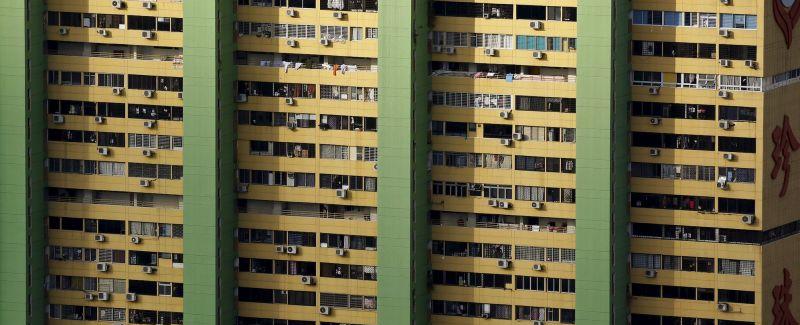Singapore's love affair with air conditioning shows a Catch 22 of climate change

Air conditioning is a luxury that many people in Singapore cannot live without. With year-round temperatures averaging 27 degrees Celsius and high humidity levels, Singaporeans have grown accustomed to artificial cooling everywhere, from shopping malls to homes. However, this love affair with air conditioning comes with a catch-22 for Singapore’s climate change efforts.
The burning of fossil fuels to power air conditioning not only contributes to global greenhouse gas emissions but also worsens Singapore’s urban heat island effect. The urban heat island effect is a phenomenon in which urban areas are hotter than their surrounding rural areas because of human activities and heat-absorbing materials. The demand for air conditioning exacerbates this effect, causing temperatures to rise further.
Singapore’s authorities have recognised this issue and have launched initiatives to reduce the city’s energy consumption. These include the Green Mark Scheme, which provides incentives for building developers to build energy-efficient buildings. Some buildings also use natural cooling techniques such as incorporating greenery and water features to reduce the need for air conditioning.
However, the challenge of reducing air conditioning consumption is also a social one. Singaporeans have grown accustomed to living in a climate-controlled environment, and breaking this habit is not easy. Furthermore, for people with respiratory issues or seniors, air conditioning is necessary for their health and comfort.
Singapore’s love affair with air conditioning highlights the catch-22 of climate change. While air conditioning is necessary for some, it also exacerbates an environmental problem. Therefore, finding a balance between comfort and sustainability is crucial. It is essential to take small steps to reduce energy consumption by adopting natural cooling methods and using air conditioning more efficiently. But ultimately, it will require a collective effort to effect meaningful change in behaviour and mindset to tackle climate change.
Quick Links

